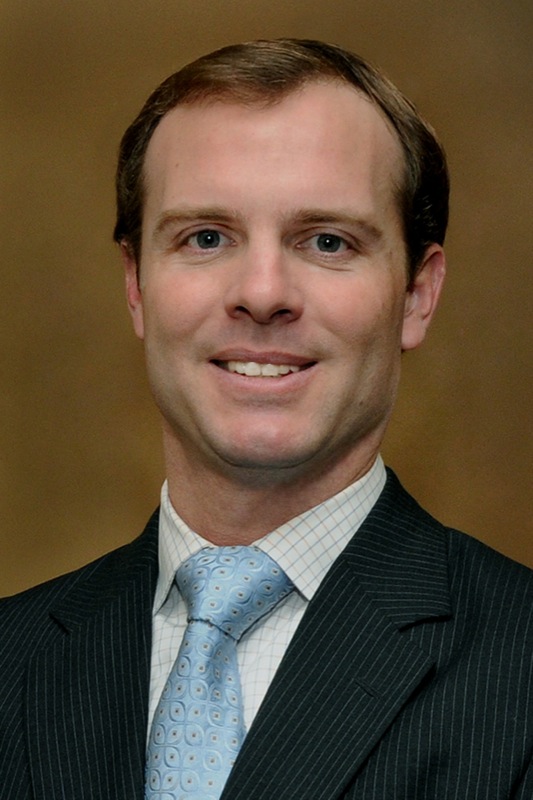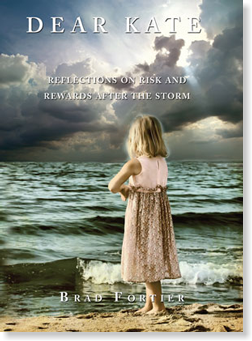
Dear Friend:
Fortier Financial recently sponsored a creative writing competition through NolaVie, a new webpage on Nola.com devoted entirely to life and culture in New Orleans. At first, I saw little connection between writing and financial planning and agreed to participate only because the competition sounded interesting.
Lately, though, I have been contemplating the importance of the written word as a means of permanently enshrining ideas. As the old proverb goes, “The word that is heard perishes, but the letter that is written remains.” In the last year, through newsletters and blog postings, I have been putting the advice that I used to transmit orally to clients in writing.
I am aware that there is an inherent risk in the simple act of putting ideas on paper; if I am wrong, the evidence of my error is only too easy to document. While one can deny or equivocate about what was said in the past, the written advice I have offered is clear, unambiguous and admittedly polemical at times.
I did not consider the record I was leaving behind when I first began to disseminate my advice to a wider audience. I was just tired of being part of an industry that was doing more following than leading in the wake of the worst economic downturn our country had seen since the Great Depression. As Rosalynn Carter once said, “A leader takes people where they want to go. A great leader takes people where they don’t necessarily want to go, but ought to be.”
So in 2008, I publicly railed against the fear mongering rampant in the media and began sharing my assessment of the opportunities being presented by a depressed stock market.

The Chinese word for crisis is pronounced wei ji. It is actually two words combined together to make one point. The word wei means “danger” or “peril,” and the word jimeans “opportunity” or “crucial point.” Thus in every crisis, there is a corresponding opportunity.
In retrospect, by 2008 the danger had given way to a tremendous opportunity to rebuild and create wealth. The people who were rewarded financially over the past few years were the ones who decided to take a leap of faith and invest in an America that may not have even deserved the investment at the time.
This is not at all atypical. Historically, the markets have a tendency to reward those who believe in our future even without much of a reason to do so. Since I advised that we were nearing the bottom in those dark days of 2008, the stock market has witnessed a more than 100% move in the S&P 500. While many others in my profession were pandering to the panic of the times and fueling the bond frenzy, I decided to stick to the timeless principles of real wealth preservation.
While bonds certainly have a place in most portfolios when income creation is the goal, they do not successfully preserve wealth over long periods of time. Look no further than the recent rise in gasoline and food prices to see how inflation diminishes the buying power of their returns.
While it may seem counterintuitive, financial planning is really all about risk management. The recurring fallacy in logic of the investor intent on avoiding stocks is that he or she is also avoiding risk. Risk has been a part of human existence since the beginning of time and cannot be avoided. We can only learn to accept this fact and prudently learn to manage life’s risks in accordance with a goal-based plan for a purpose driven life.
I’m often asked if the volatility of the stock market makes me nervous. My response is that it doesn’t make me nearly as nervous as the knowledge that the average baby boomer paid more for their last car than they did for their first home. Additionally, unlike their depression era parents, they have more than three decades of post-employment life to negotiate. Faced with these facts, choosing to overinvest one’s life savings in bonds is simply way too risky.
Your trusted guide and friend,
Brad F Fortier, CFP®
Certified Estate Planner™
President, Fortier Financial














